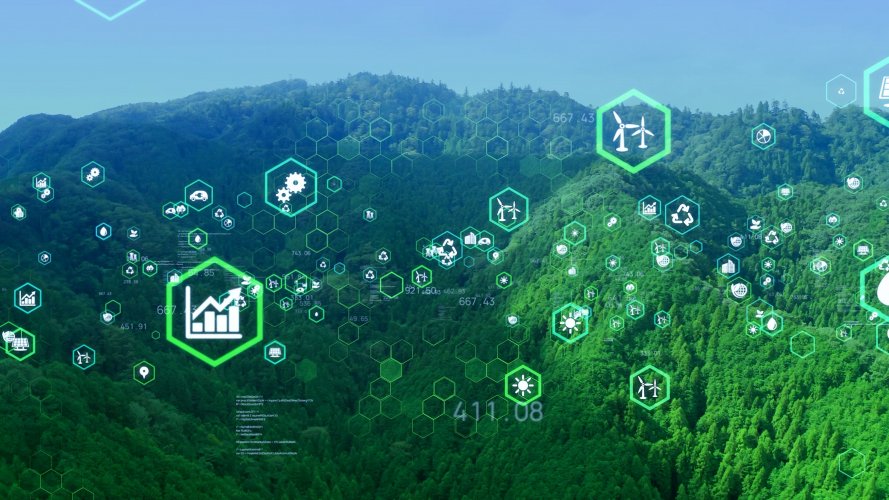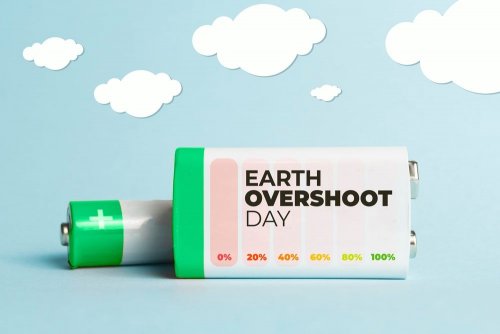EU legislation must ensure the sustainable development of digital technologies that can cause significant damage to the environment and cause environmental catastrophe due to the impact of industry materials.
This was stated by MEP David Cormand at an event dedicated to green information and communication technologies (ICT), reports EURACTIV
On the event they discussed how the digital sector could accelerate the "green" transition and concerns about the environmental impact of digitalisation.
"At the moment, this revolution is a catastrophic, ecological catastrophe, because all the connected facilities need many, many, many items, and at the moment we don't have the standards to have a circular economy in this," Cormand said.
While the green transition is a vital necessity, the digital transition is a tool.
The MEP added that the digital revolution may not be a solution for the planet, but vice versa.
Treatment of digital deficiencies
The EU has developed plans to address digital gaps and environmental challenges over the next decade and further. However, Cormand and other supporters stressed the importance of studying the potentially harmful effects.
"The digital transition may run counter to the green transition," said Ilias Yakovidis, the European Commission's digital adviser on green transformation.
He also added that every detail of digitization should be designed with sustainability in mind.
"It is not obvious that the digitalization of energy systems or agriculture will give you benefits in the field of sustainable development," said Yakovidis. "There is a very specific range and conditions under which you have a triple ring: economic, social, environmental."
According to him, ensuring that these framework conditions are developed, measurable and a guide for both politicians and financial institutions will be important to achieve the benefits of sustainable development.
Yakovidis added that this is the focus of the European Green Digital Coalition, a group of ICT companies that signed a commitment last year to support the EU's dual transition goals.
Veronica Willems, Secretary General of SMEunited, said that in addition to large companies, the participation of SMEs is crucial to ensure the transition to both "green" and digital. Clarifying the details of the 2030 targets on both sides will be very important, especially in terms of investment.
She also noted that ensuring that the reporting burden is not too significant will be another element in accelerating SME participation. These companies need more support to facilitate their contribution. It is also important to reflect the skills and requirements of the current and future green transition to ensure that people are properly trained for an increasingly digital workplace.
Uneven progress
Although the question The European Commission has been paying attention to bridging the digital skills gap since the launch of the Digital Decade in 2021, and progress towards these goals has been uneven.
"If you want to make that transition, and if you really want to change your life in real life, you're going to have to make more investments and give more support to small and medium-sized businesses," Willems said.
According to Yakovidis, there are many ways for ICTs for sustainable development, including cooperation with repairmen and manufacturers, which will contribute to a circular economy and reduce waste.
"Building a circular economy should be a top priority," he said. "This is where digital technology can really show the power to separate our economy from the ever-increasing use of natural resources. This is a priority we must take to make sure we minimize the rebound effect."
We will remind, how telephone operators and Internet providers take care of the environment.
As EcoPolitics reported earlier, satellites and green technology can increase the efficiency of farms.





